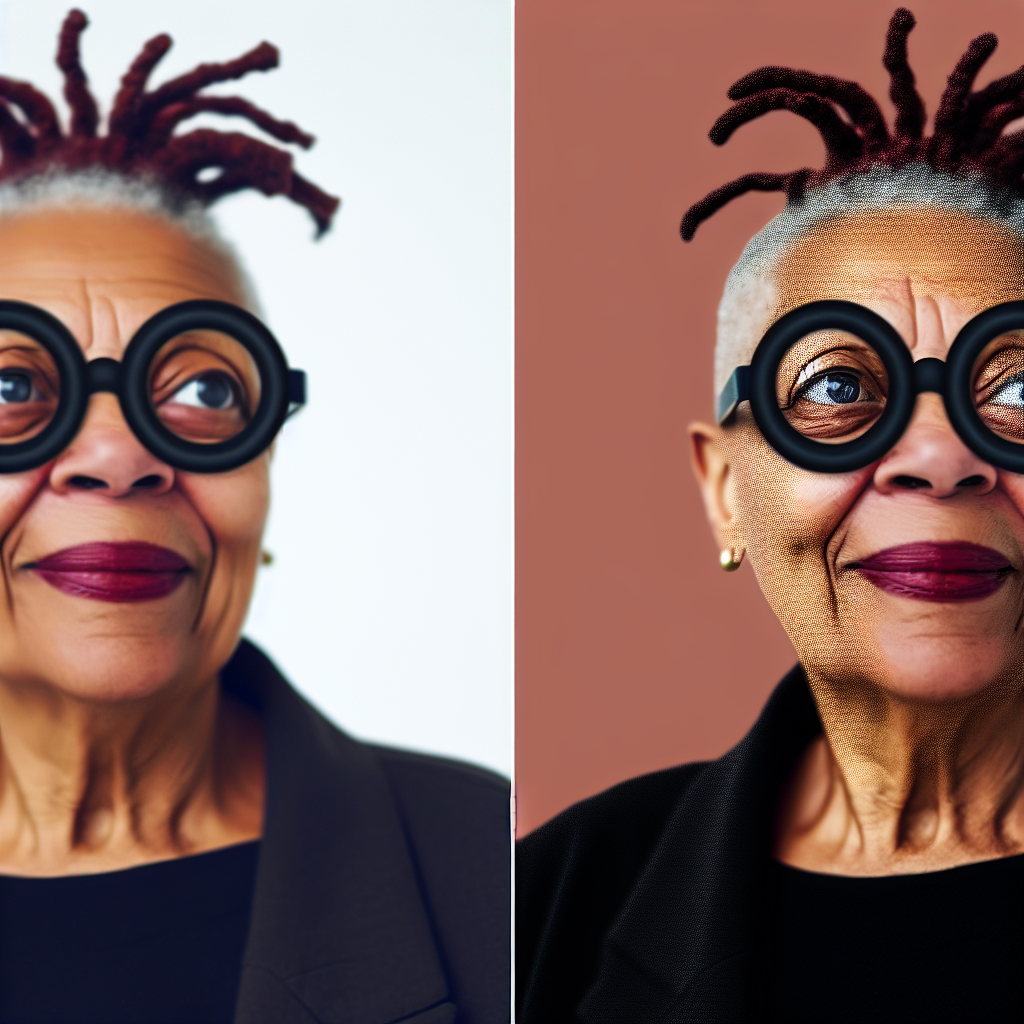
Whoopi Goldberg, born Caryn Elaine Johnson, is an iconic American actor, comedian, author, and television personality renowned for her trailblazing career in entertainment. As one of the few EGOT winners—earning Emmy, Grammy, Oscar, and Tony awards—she has captivated audiences with her versatile talents. This article delves into her early life, breakthrough roles, and lasting impact on Hollywood and beyond, highlighting her journey from humble beginnings to global stardom.
Early Life and Humble Beginnings
Born on November 13, 1955, in Manhattan, New York City, Whoopi Goldberg grew up in the Chelsea-Elliot Houses, a public housing project. Raised by her single mother, Emma Johnson, a nurse and teacher, and alongside her brother Clyde, Goldberg faced the challenges of urban poverty. Her father, a Baptist clergyman, was largely absent, leaving her mother to instill values of strength and wisdom. Despite attending St. Columba’s parochial school and being raised Catholic, Goldberg dropped out of Washington Irving High School, navigating a path marked by resilience.
The origins of her stage name reveal her playful yet pragmatic personality. “Whoopi” stemmed from a whoopee cushion, symbolizing her unfiltered humor during performances, while “Goldberg” connected to her perceived Jewish heritage, though genealogical research later confirmed her ancestors were all Black, tracing back to the American South. This blend of identities—Black, possibly Jewish, and spiritually eclectic—influenced her worldview, blending Buddhism, Baptism, and Catholicism. These early experiences shaped her comedic voice, leading to her 1983 one-woman show, Spook Show, which explored racial and social issues with raw honesty, setting the stage for her Broadway debut and Grammy-winning album.
Breakthrough Roles and Award-Winning Career
Goldberg’s film breakthrough came in 1985 with Steven Spielberg’s The Color Purple, where she portrayed Celie, a resilient woman enduring abuse in the Deep South. This role earned her a Golden Globe for Best Actress and an Academy Award nomination, showcasing her dramatic depth beyond comedy. Building on this momentum, her eccentric psychic Oda Mae Brown in Ghost (1990) won her an Oscar for Best Supporting Actress, making her the second Black woman to achieve this honor and solidifying her as a box-office draw.
She dominated the 1990s with hits like Sister Act (1992) and its sequel, becoming the highest-paid actress at the time. Her versatility shone in diverse genres, from comedies like Jumpin’ Jack Flash (1986) to dramas such as Ghosts of Mississippi (1996) and voice work in The Lion King (1994). On television, her recurring role as Guinan in Star Trek: The Next Generation (1988–1993) added sci-fi cred, while Broadway revivals and producing Thoroughly Modern Millie earned her a Tony. These achievements not only highlighted her range but also paved the way for her EGOT status, inspiring underrepresented artists in Hollywood.
Activism, Hosting Legacy, and Cultural Influence
Beyond acting, Goldberg’s activism amplifies her influence, advocating for LGBTQ+ rights, women’s issues, and racial equality. Her hosting of the Academy Awards four times brought sharp wit to the stage, while her role as moderator on The View since 2007 has earned her a Daytime Emmy, fostering discussions on politics and social justice. This platform allows her to challenge norms, drawing from personal experiences like her mother’s strength and her own battles with dyslexia and addiction recovery.
Goldberg’s authorship of books and her 2001 Mark Twain Prize underscore her comedic legacy, blending humor with poignant commentary. Her continued work, including reprises in Star Trek: Picard (2022) and films like Till (2022), reflects an enduring commitment to storytelling that educates and entertains, making her a beacon for diversity in media.
In summary, Whoopi Goldberg’s journey from New York housing projects to EGOT acclaim embodies resilience, versatility, and advocacy. Through her groundbreaking roles, hosting prowess, and activism, she has reshaped entertainment, championing inclusivity and humor. Readers are encouraged to explore her works, recognizing her as a timeless icon who continues to inspire generations with her unapologetic authenticity and cultural contributions.